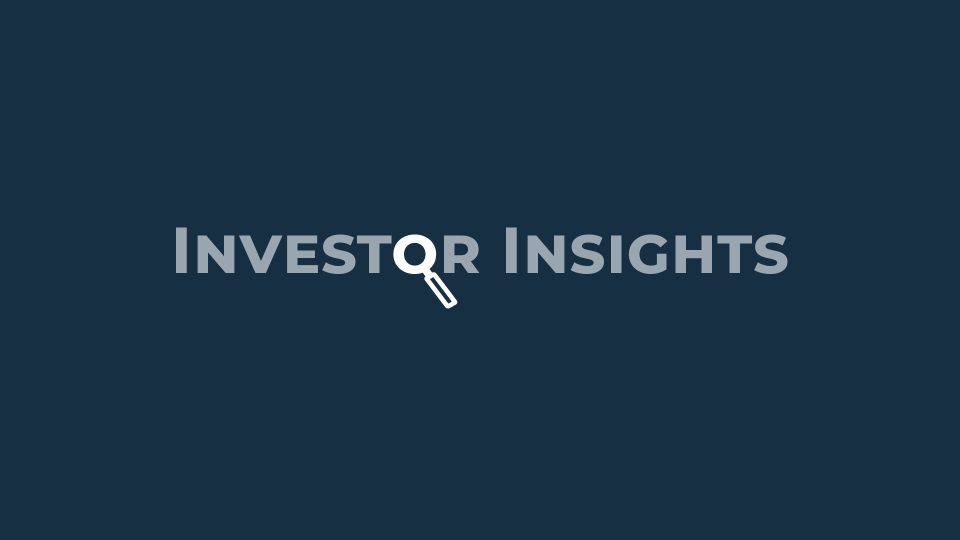First, the disclaimer: If you can’t afford to lose 100% of your investment, then you shouldn’t invest – hard stop.
Now the TLDR: When comparing the two, a debt investment can be less risky, provide regular paybacks, but also has less upside than an equity investment.
If you are looking to make an equity investment in a private company through Vicinity, your potential return is based on a successful “exit” of the company. An exit could be when the company gets purchased by another (an “acquisition”) or if the company goes public (an IPO).
There is a big difference between holding shares in a private company and holding shares in a publicly traded company on the stock market – liquidity. In other words, how quickly can you convert your shares to cash? If you invest in the stock market, you can speculate, trade, and sell pretty much whenever you want. Often this trading and speculation is done for you by computer algorithms, though you can try your hand at specific stocks and make your own decisions (like we talked about last week with Robinhood).
If you own shares of a private company, it’s usually because you have a belief in the future success of the company and are interested in supporting them for the long term; not looking to re-sell the shares.
A debt investment (a loan) doesn’t require an exit for an investor to make a profit and the potential financial returns are dependent on the business staying in business and making their payments. A standard loan will be paid back as a pre-scheduled amount each quarter, whereas a revenue share will be paid back as a portion of the business’s revenue. You can find more details on the types of investments offered on our FAQs page.

